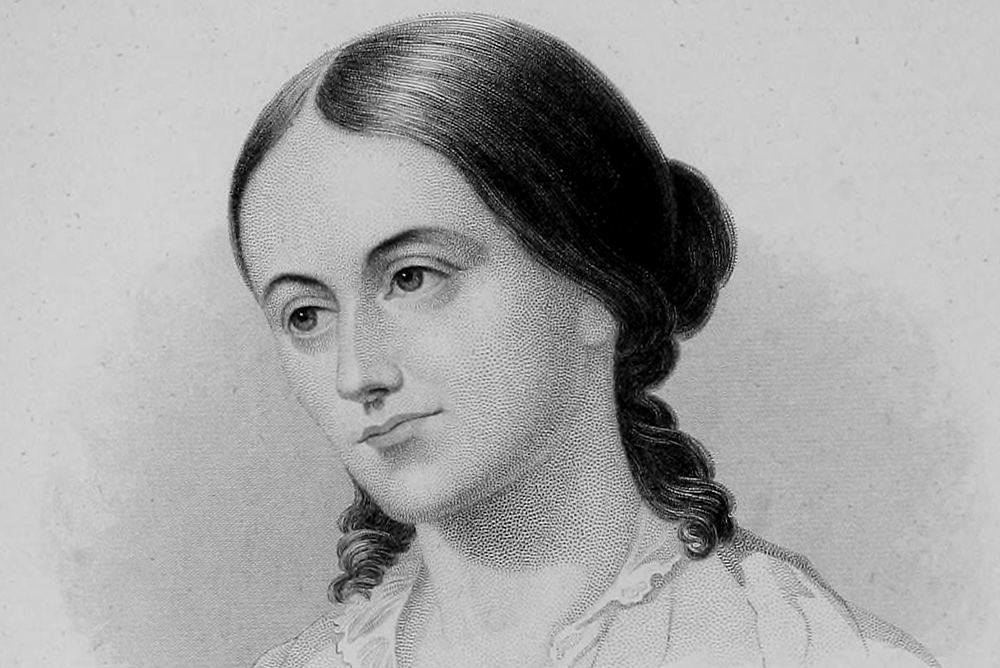Who Needs Student Debt When You Can Get Together for a ‘Conversation’?
The 19th-Century Women Who Educated Themselves Outside the Ivory Tower Offer Inspiration for Learning Today
On a dark, chilly evening in November 1839, a woman in Boston, Massachusetts, convened a party at her friend’s house. That might seem an unremarkable event, but this was not a high-society tea party or wine-tippling book club. It was a bold social experiment. The hostess was the 29-year-old journalist Margaret Fuller, and the guest list was composed of the most finely tuned minds she could collect—minds that nevertheless, by virtue of being women, were barred from attending university. Safely concealed from the prying outside world by the guise of …










